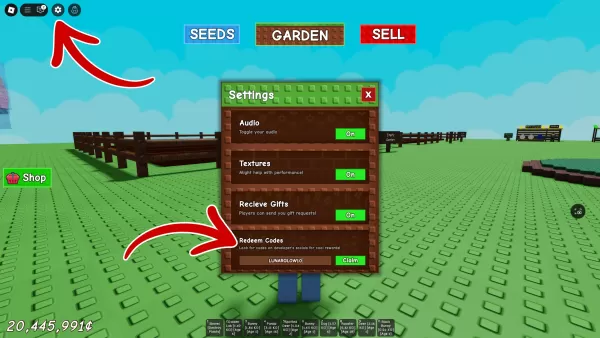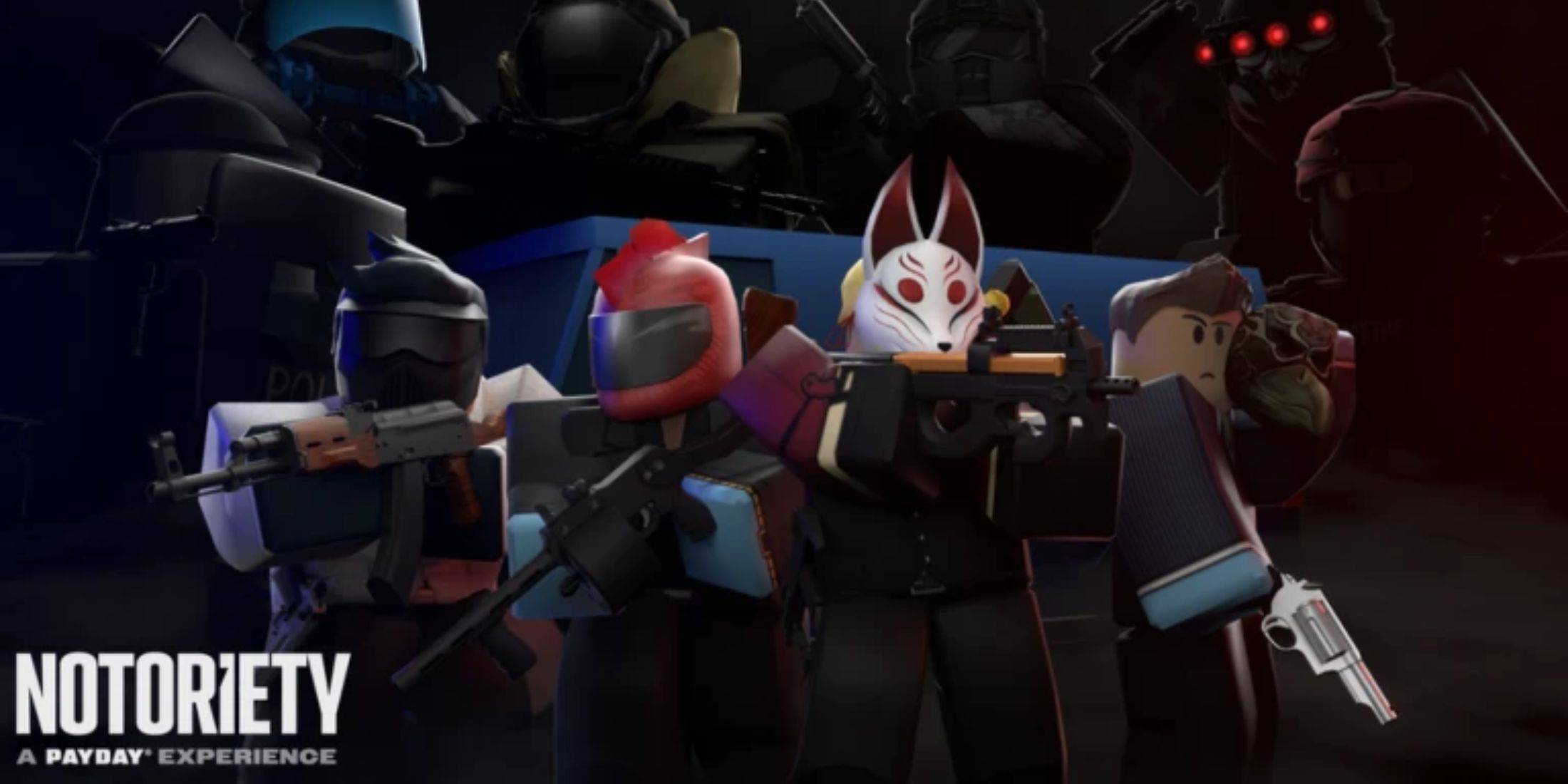Free-to-Play Shooter Spectre Divide Shutting Down Weeks After Console Launch
The free-to-play 3v3 shooter, Spectre Divide, is set to shut down just six months after its initial launch in September 2024, and only weeks after its debut on PS5 and Xbox Series X|S. The game's developer, Mountaintop Studios, will also be closing its doors. Mountaintop CEO Nate Mitchell confirmed the news in a statement published on social media today, citing the lack of success in the Season 1 launch as the reason behind the decision.
“Unfortunately, the Season 1 launch hasn’t achieved the level of success we needed to sustain the game and keep Mountaintop afloat,” Mitchell explained in the post.
Spectre Divide Combat
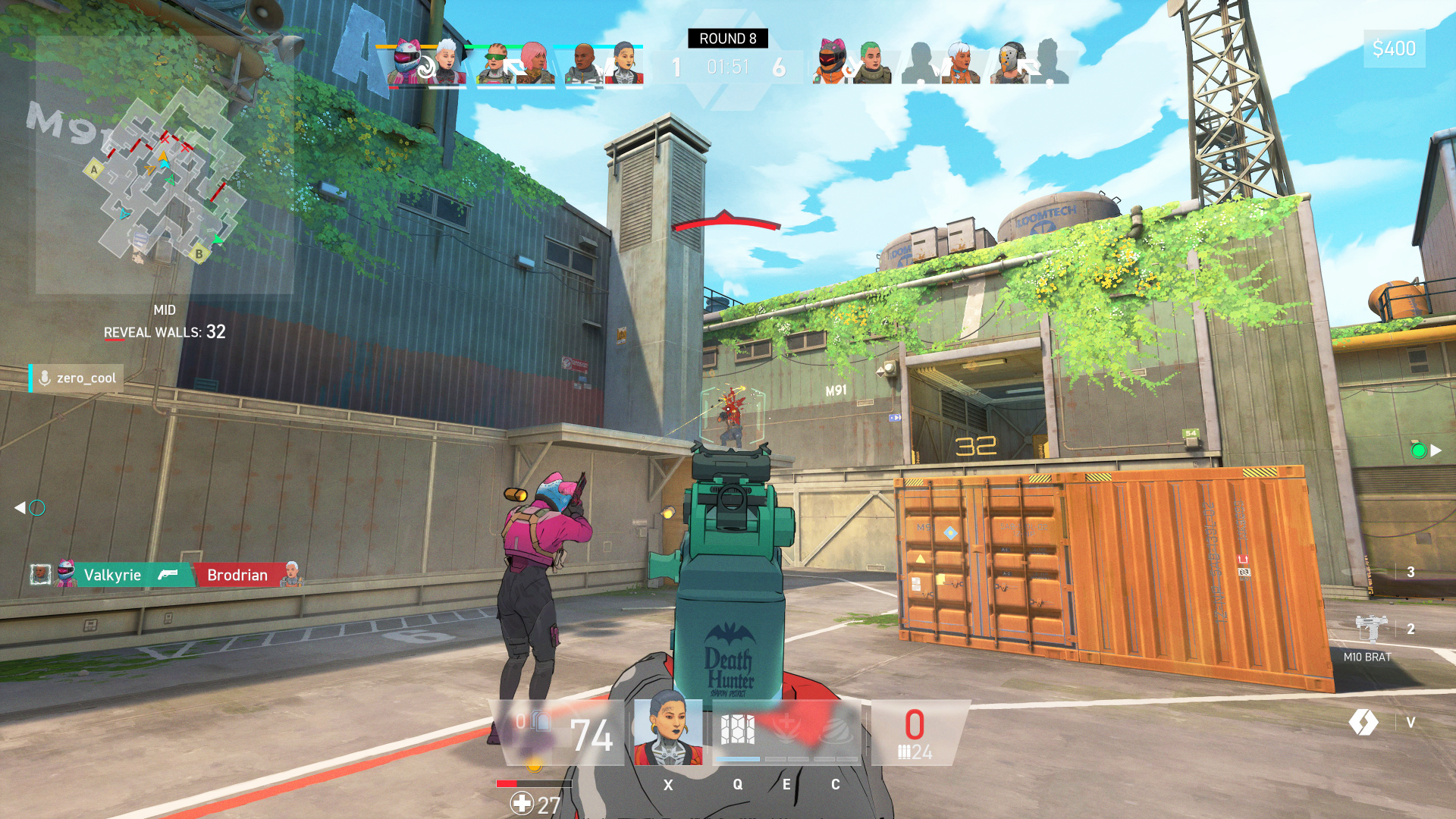
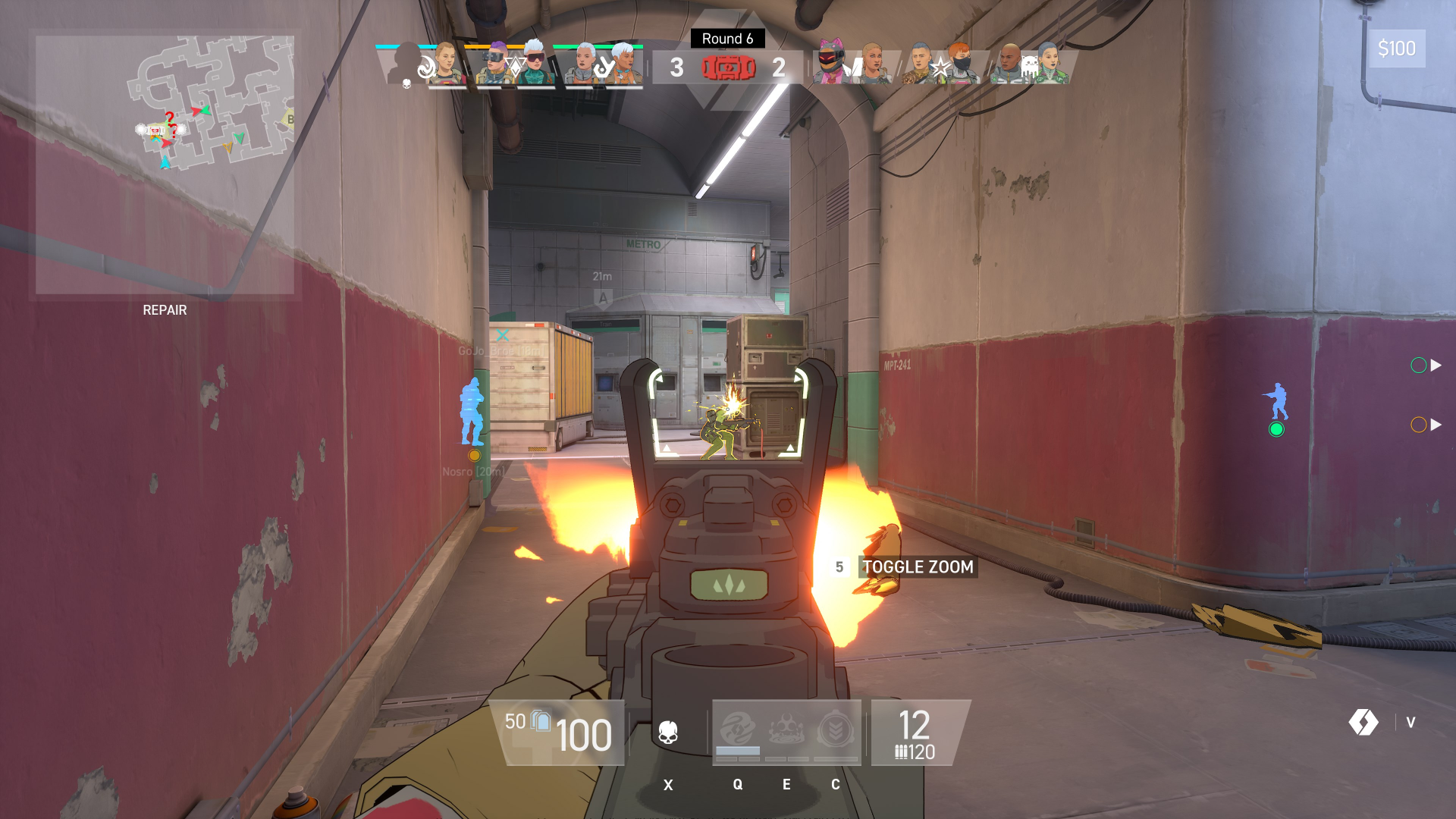 6 Images
6 Images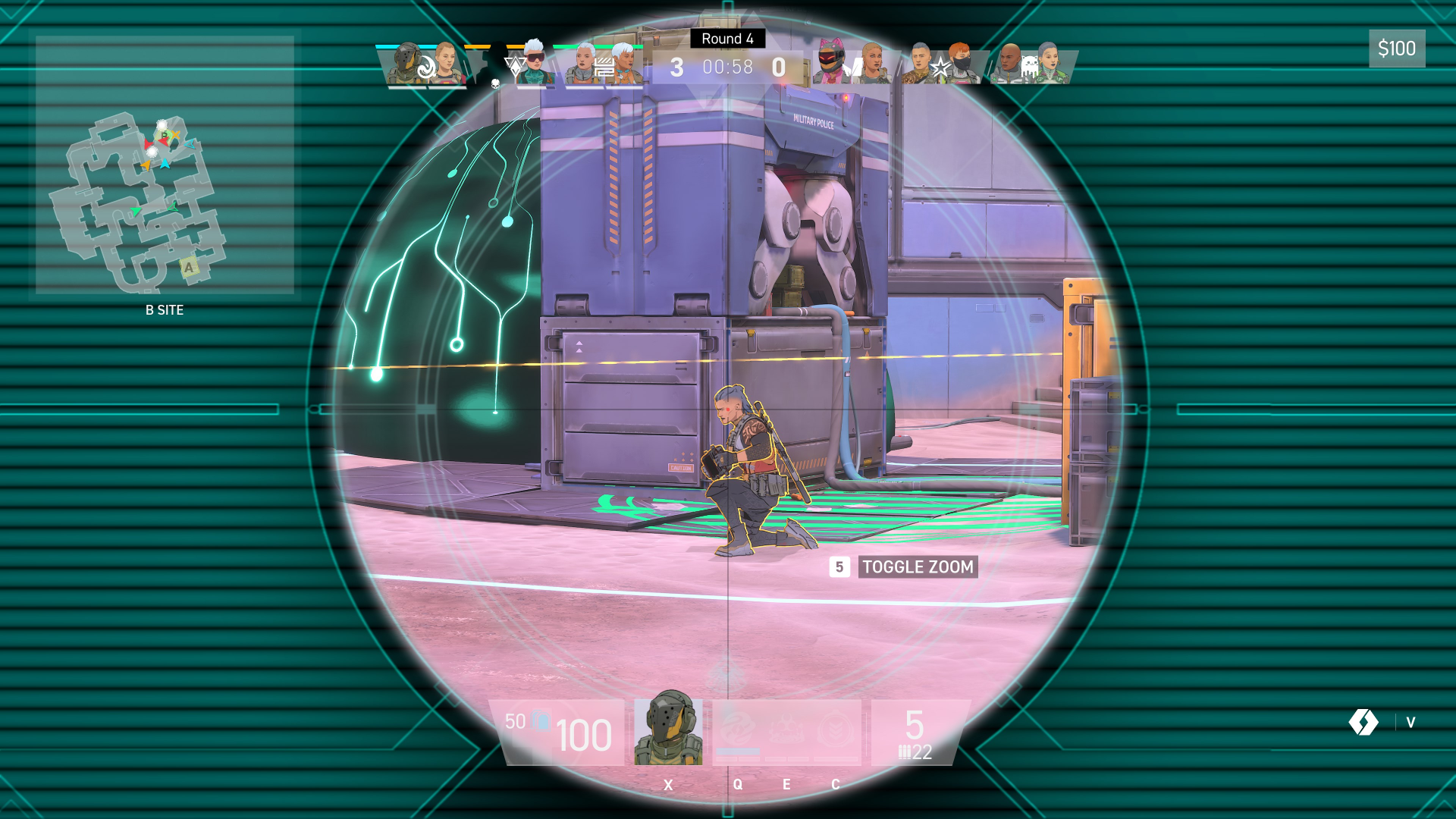
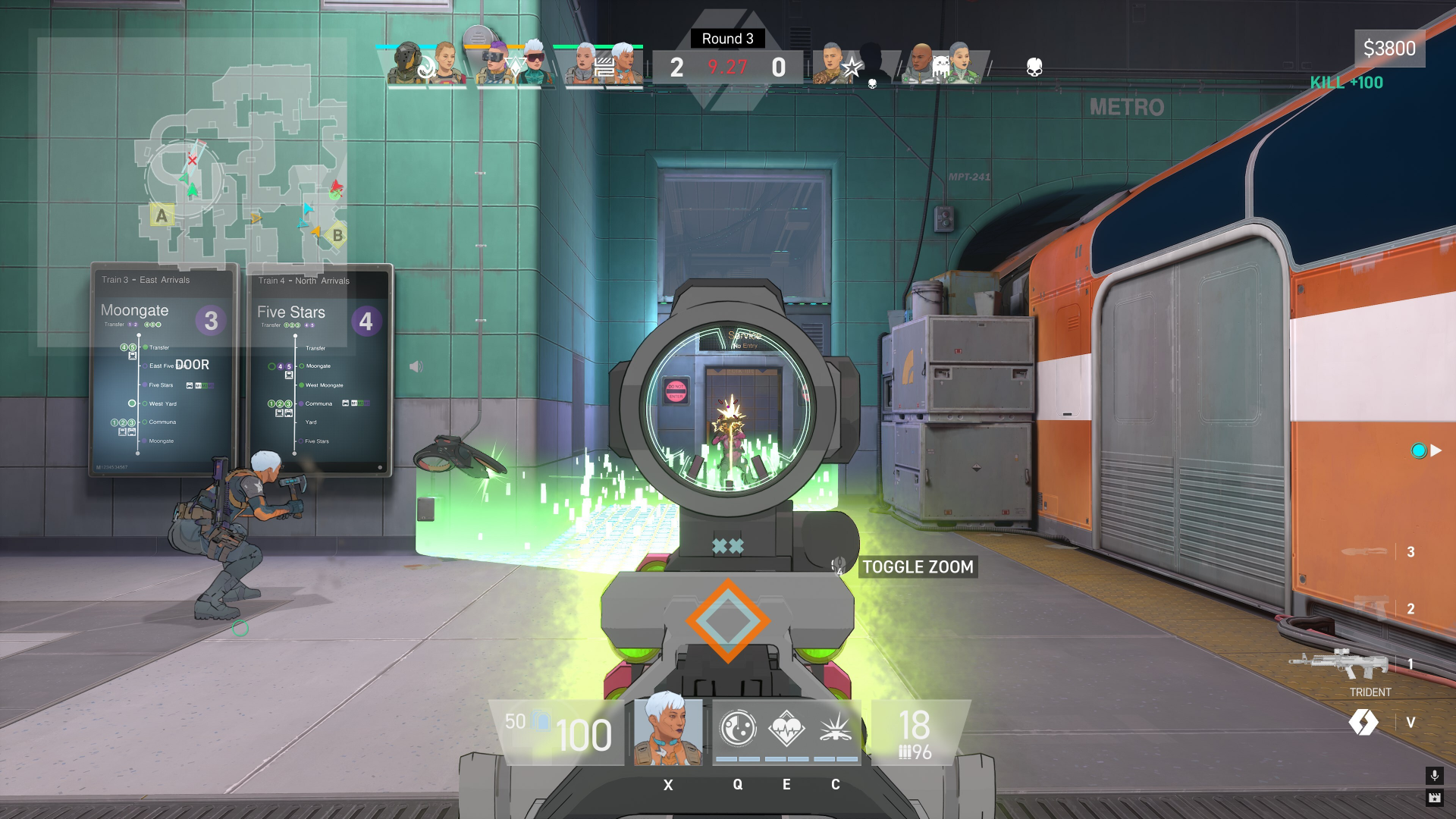
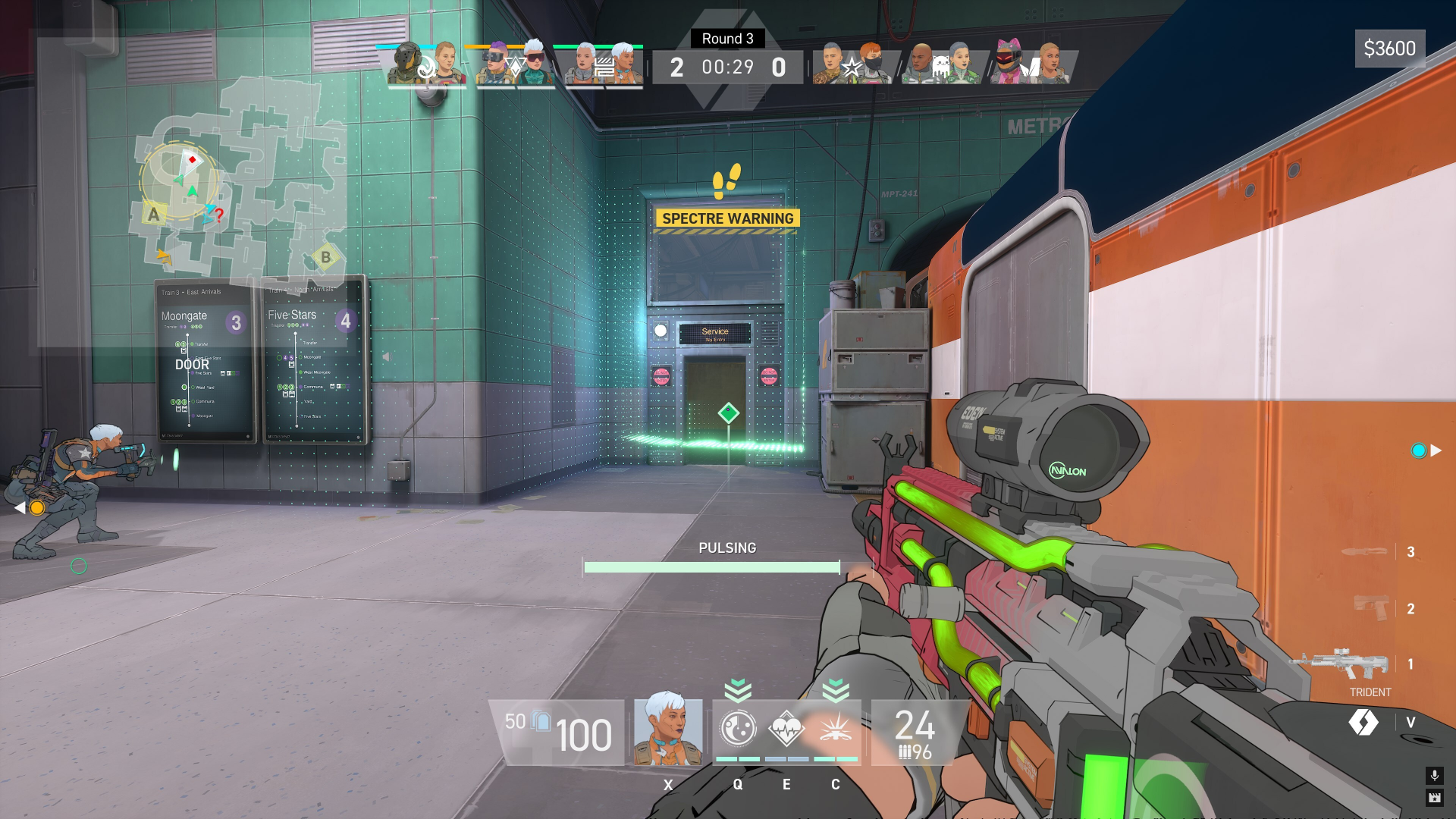
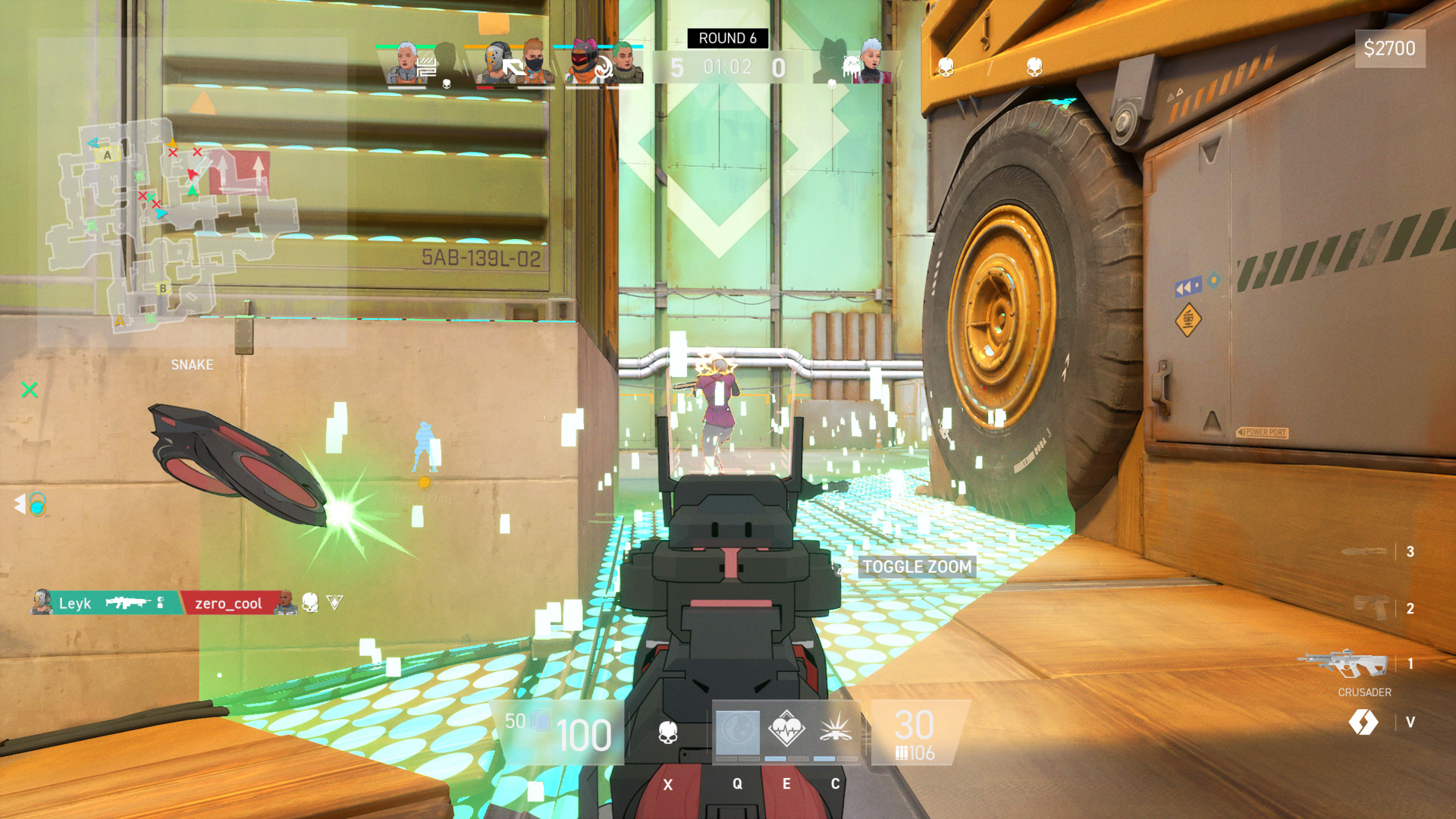
The team at Mountaintop was initially optimistic after the first week, with the game drawing in around 400,000 players and achieving a peak concurrent count of approximately 10,000 across all platforms. However, the post continued, "But as time has gone on, we haven’t seen enough active players and incoming revenue to cover the day-to-day costs of Spectre and the studio. Since the PC launch, we stretched our remaining capital as far as we could, but at this point, we’re out of funding to support the game."
Mitchell emphasized that the team had explored all possible avenues to keep the game running, including seeking a publisher, additional investment, and even an acquisition. "In the end, we weren’t able to make it work. The industry is in a tough spot right now," he added.
Spectre Divide will be taken offline within the next 30 days, and any money spent by players since the Season 1 launch will be refunded. This news contradicts earlier reports from October 2024, where Mitchell stated, "The servers aren’t shutting down, and the updates aren’t going to stop," maintaining that Mountaintop had “the funds to support Spectre for a long time.”
IGN’s positive preview of Spectre Divide in August 2024 praised the tactical 3v3 shooter for its innovative Duality system, allowing players to control two characters during matches. However, the abrupt shutdown of Spectre Divide adds to a series of recent disappointments in the live-service gaming sector, including the struggles faced by Rocksteady’s Suicide Squad: Kill the Justice League and Sony’s Concord.
-
Death Stranding 2: On the Beach director Hideo Kojima allegedly revamped significant portions of the game midway through development after playtesters responded "too positively," stating he actively avoids creating "mainstream" content.The insight coAuthor : Emery Dec 14,2025
-
Budget-Friendly Gaming Monitor DealGamers seeking an affordable display will want to jump on this limited-time Amazon Prime Day offer. For today only, Amazon's Lightning Deal features a 27" KTC gaming monitor priced at just $98.59 shipped. With overAuthor : Noah Dec 13,2025
-
 |Poppy Playtime| Walkthrough|Download
|Poppy Playtime| Walkthrough|Download -
 Casus Kim - Who's spy?Download
Casus Kim - Who's spy?Download -
 Poker Boss: Texas Holdem OfflineDownload
Poker Boss: Texas Holdem OfflineDownload -
 Pokdeng OnlineDownload
Pokdeng OnlineDownload -
 Escape Giant ObbyDownload
Escape Giant ObbyDownload -
 Motocross Dirt Bike Racing 3DDownload
Motocross Dirt Bike Racing 3DDownload -
 Drum Studio: Bateria VirtualDownload
Drum Studio: Bateria VirtualDownload -
 Number Boom - Island KingDownload
Number Boom - Island KingDownload -
 iFruitDownload
iFruitDownload -
 GunStar MDownload
GunStar MDownload
- Black Ops 6 Zombies: How To Configure The Summoning Circle Rings on Citadelle Des Morts
- Harvest Moon: Lost Valley DLC and Preorder Details Revealed
- Roblox: Latest DOORS Codes Released!
- Silent Hill 2 Remake Coming to Xbox and Switch in 2025
- Roblox: Blox Fruits Codes (January 2025)
- Roblox: Freeze for UGC Codes (January 2025)








![Taffy Tales [v1.07.3a]](https://imgs.ehr99.com/uploads/32/1719554710667e529623764.jpg)



